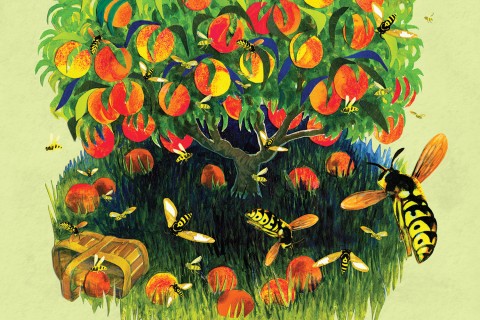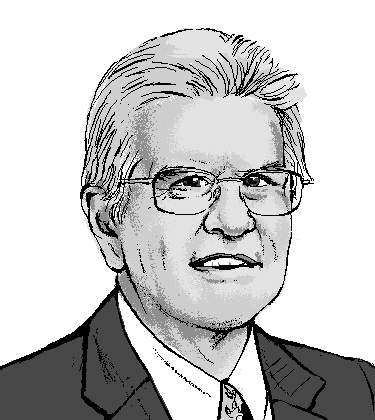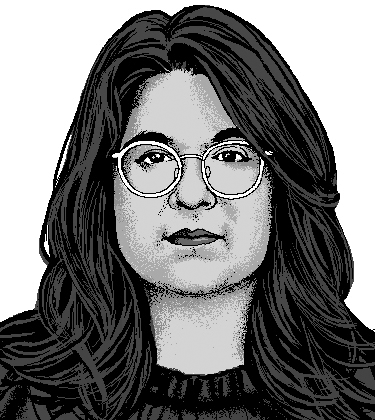Features
Ordinary violence
The corrosive power of regret
Walter Earl Fluker’s call to the Black church
Blessings and curses
Sing a rights-cleared song to the Lord
Rival Orthodoxies in Ukraine
Tom Stoppard gets personal
Voices
Jonathan Tran
Me and my Rhode Island Reds
Having cats did not prepare our family for chickens.
Melissa Florer-Bixler
Extravagant consumption
For Jesus, the inverse of scarcity isn’t abundance—it’s accumulation.
Philip Jenkins
Rose Macaulay was ahead of her time
In Crewe Train, the neglected Anglo-Catholic novelist tells the story of a woman who resolutely does not fit in.
Samuel Wells
Lessons from downsizing my office
As I worked my way through old files and photos, I met with three kinds of sadness.
Julian DeShazier
Reimagining how we reimagine church
We need to end our obsession with novelty and corporate jargon.
Alejandra Oliva
Acts of translation
In my work, I try to do justice—both to texts and to people.
Books
Who is Naoíse Mac Sweeney’s new history of the West for?
Like so many books today, it seems aimed at convincing an audience that will never read it.
The iconic divine shepherd
Two new books trace the history of a rich religious image.
Can people be evil?
Sikh educator and activist Simran Jeet Singh says no. I’m not so sure.
A very particular humanity
Suzanne Robertson didn’t meet “life” on death row. She met a man named Cecil who loved cheesecake.
American Protestantism and what it has done
David Hollinger explores how Protestantism has shaped—and warped—a nation’s intellectual life.
The radicalism of Azusa Street
Keri Day places the 1906 revival at the intersection of White evangelicalism, American capitalism, and racism.
The book editor who inadvertently helped empty America’s pews
Stephen Prothero’s biography of Eugene Exman reveals how the bestsellers he acquired taught people to be spiritual but not religious.


























